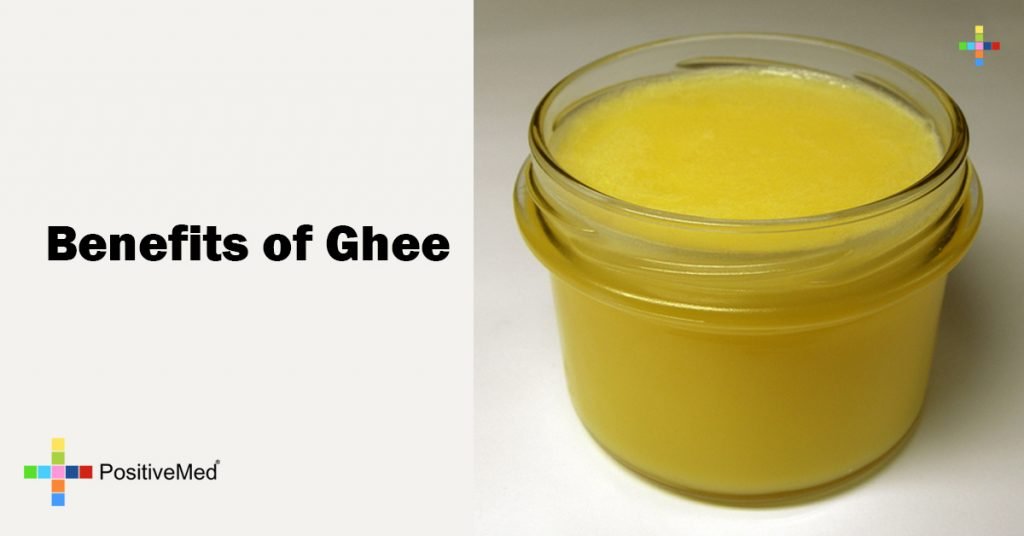
What is Ghee? Health Benefits of Ghee
Ghee is a purified form of butter which is high in nutritional value. It has been an integral part of Ayurveda and Indian cooking traditions. It is similar to butter and margarine however the nutritional values differ significantly. Per a 300 year-old Ayurvedic text, Charaka Samhita, ghee is the best oil for us to eat. Its a healthy alternative to butter and if enjoyed in moderation it has many health benefits.
Let’s have a closer look at its nutritional value:
One tablespoon of ghee contains 112 calories and 33 mg of cholesterol. Fat accounts for 12.7 grams, 8 of which are saturated. Ghee is a rich source of numerous essential fatty acids including omega-3 and 6. These essential oils are important as they are anti-inflammatories. They also help regulate DNA production and help cells in our body communicate. One tablespoon ghee contains 0.4 grams of protein including 17 amino acids which are vital for overall health. Ghee is made of many components including 3% share of linoleic acid which is an antioxidant and boosts immunity, its a rich source of vitamin A, one tablespoon contains 25 mcg of beta carotene and 105 mcg of retinol. Other important nutrients in ghee are 0.36 mg vitamin E, 1.1 mcg vitamin K and minute values of pantothenic acid and riboflavin. Ghee also contains important minerals like calcium and potassium.
A recent study conducted on ghee advised that if <=10% of your total caloric intake is from ghee it can improve heart health and reduce the risk of cardiovascular disease. Ghee, when combined with other fats coming from plants and plant oils, becomes even more effective. The recommended amount is 2 tablespoons per day for an 1800 calorie diet. Overconsumption of ghee can harm our bodies. If we compare ghee with butter, the difference lies in their smoking points. The smoking point of butter is between 325-375 degree F while ghee’s smoking point is between 400-500 degrees F. Foods with a high smoking point are better for cooking at high heat because that is the temperature when heat starts damaging nutrition in food.

Health benefits of ghee:
Ghee has numerous health benefits including providing nourishment to hair, skin, and cell membranes. It contains high saturated fat levels which protect our vital organs, maintain healthy body temperature, give us energy, and improve brain function. Ghee contains no hydrogenated oils which makes it healthy for cooking. Its available from the local supermarket, however we recommend making your own. Here is a simple recipe for making ghee at home.

How to make homemade ghee:
For making ghee you’ll need one pound of butter. Place the butter in a pan and heat at high temperature. Once butter starts boiling, in 2-3 minutes, reduce heat. A layer of foam will rise and disappear shortly. Keep heating at medium temperature and when a second layer of foam rises your ghee is ready and be gold-colored. This will take 7-8 minutes. Pour into a heatproof container passing it through cheesecloth. The container should be airtight and free from moisture. It’s not necessary to keep the container in the fridge and it remains good for one month.

[Last Updated on June 30th 2014]





